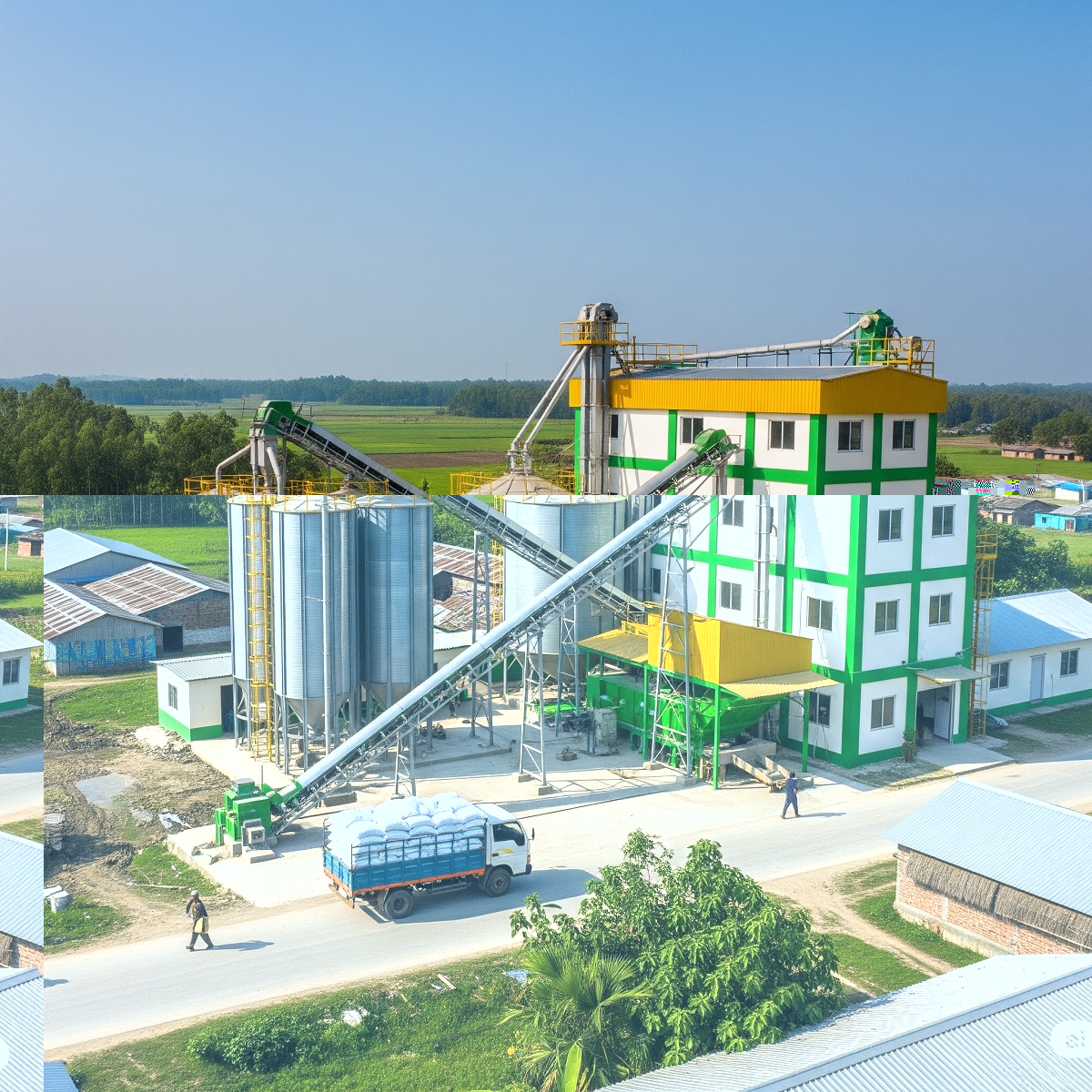Introduction: A Silent Industrial Giant in the Making
The light engineering industry in Bangladesh has long remained in the background, quietly powering sectors like agriculture, construction, textiles, and even transportation. But today, it stands on the threshold of a major transformation. With growing local demand, a push for import substitution, and the government’s backing through policy support, light engineering is now being recognized as a thrust sector. Most important, this industry holds the key to reducing dependency on foreign machinery and creating jobs for thousands of semi-skilled workers.
What Is Light Engineering?
Light engineering refers to the production of small and medium-sized industrial components, spare parts, tools, and simple machinery. This includes:
- Lathe machines
- Gearboxes
- Agricultural equipment
- Dies and moulds
- Textile spare parts
- Electrical fittings
- Bicycle parts
Unlike heavy engineering, which requires large capital and infrastructure, light engineering thrives with mid-level investment and skilled manpower.
Why Bangladesh Is Ripe for Light Engineering
Bangladesh offers several key advantages for growing this sector:
- Low-Cost Skilled Labor – The country has thousands of technical institute graduates looking for employment in light manufacturing.
- High Domestic Demand – Agricultural tools, garments machinery parts, and packaging tools are in constant demand.
- Import Substitution – Over $3 billion worth of machinery and parts are imported annually. A strong local industry can replace a large portion.
- Proximity to Major Industries – Being close to Dhaka, Narayanganj, and Chattogram ensures easier logistics for delivery and after-sales service.
- Government Incentives – 10-year tax holiday for manufacturing units, reduced VAT on machinery, and soft loans under SME schemes.
Key Products in Demand
Here’s a list of profitable product lines under light engineering:
| Product Line | Target Customers | Market Demand (Annually) |
|---|---|---|
| Lathe & Milling Machines | Workshops, Factories | 2,000+ units |
| Agro Tools (Threshers, Harrows) | Farmers, NGOs | 500,000+ tools |
| Garments Machine Spare Parts | RMG Factories | Millions of units |
| Bicycles & Spares | Local & Export | 2 million units |
| Electrical Switchboards & Panels | Real Estate, Factories | 100,000+ sets |
Estimated Project Cost & Financials
To give a bankable view, here’s a basic project profile based on a small-scale light engineering unit:
| Particulars | Amount (BDT) |
|---|---|
| Land & Building (rented) | 5,00,000 |
| Machinery & Tools | 35,00,000 |
| Raw Materials (3 months) | 20,00,000 |
| Manpower (6 months) | 9,00,000 |
| Marketing & Transport | 3,00,000 |
| Utility & Contingency | 3,00,000 |
| Total Investment | 75,00,000 |
Expected ROI: 30–35%
Payback Period: 2.5 years
Employment: 20–25 skilled/unskilled workers
Machinery Required
PPB supplies top-tier machinery from China, India, and Turkey with full installation support. The basic machinery list includes:
- Lathe Machine (manual & CNC)
- Drilling & Boring Machines
- Shaping Machine
- Surface Grinder
- Power Press
- Welding & Cutting Tools
- Compressor & Generator Set
We also offer after-sales service, operator training, and annual maintenance contracts.
Bank Loan Feasibility
The project is eligible for bank loans under:
- SME Financing Schemes
- Women Entrepreneurs (if applicable)
- Refinancing from Bangladesh Bank
Documents needed for the loan:
- Trade License & TIN
- Project Profile (prepared by PPB)
- Machinery Quotation
- Land Rental Agreement or Ownership Documents
- Bank Statement
- Personal Guarantee or Collateral
We help clients from start to finish — from preparing the detailed project profile to machinery procurement and bank liaison.
Challenges to Consider
While the opportunity is bright, some challenges need addressing:
- Lack of access to precision tools
- Inconsistent electricity supply in some zones
- Raw material (metal sheets, casting) price volatility
- Shortage of highly trained engineers
However, most of these can be tackled with proper planning, training, and government collaboration.
Conclusion: Time to Build, Not Import
Bangladesh’s journey from a consumer to a producer economy will need a strong backbone — and light engineering is that backbone. With the right investment, a clear project plan, and access to modern machinery, this industry can provide sustainable returns for decades. PPB is here to make that journey easier for you, with everything from project profiling to machinery supply.


